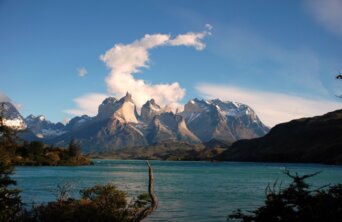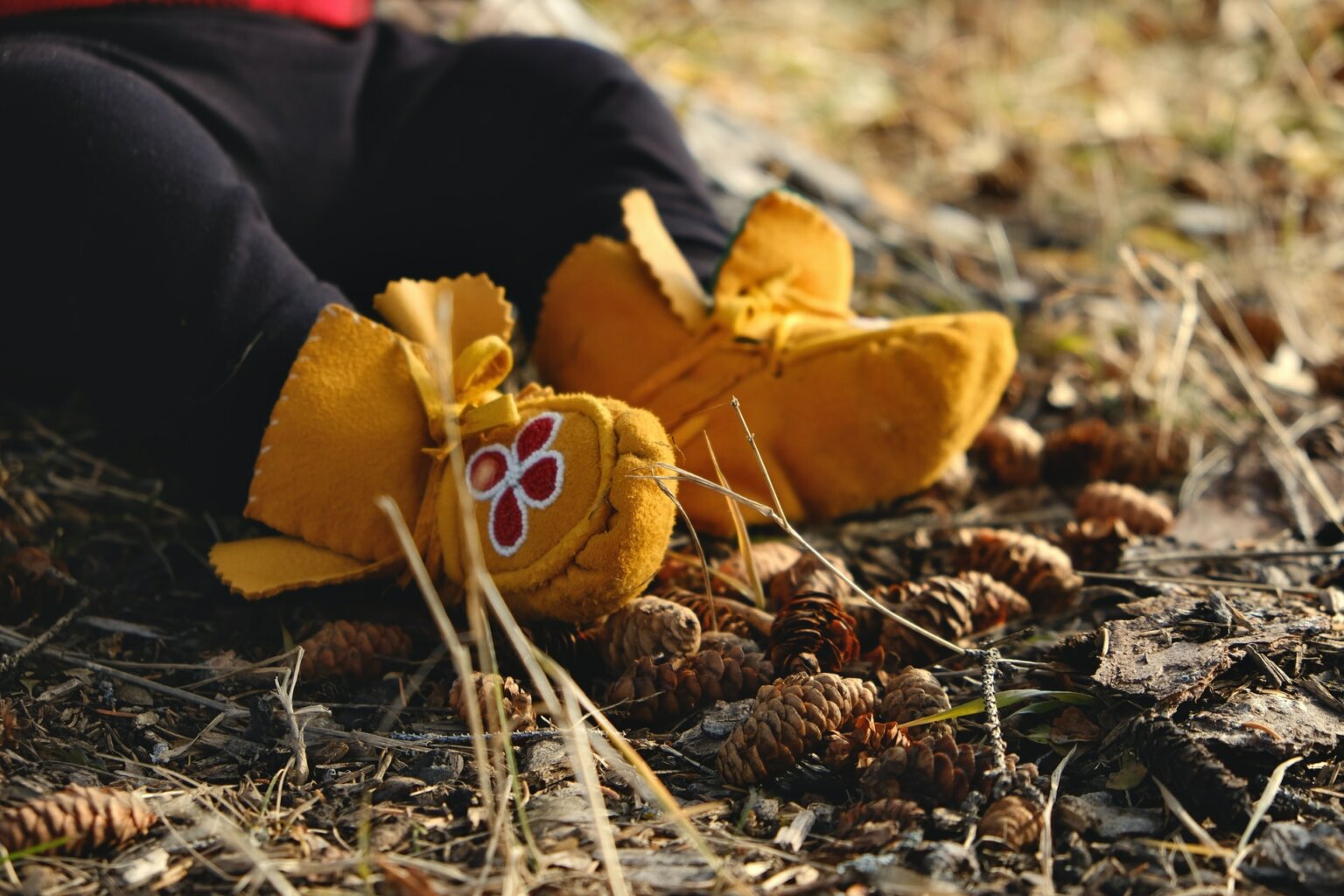- About
- Topics
- Picks
- Audio
- Story
- In-Depth
- Opinion
- News
- Donate
-
Signup for our newsletterOur Editors' Best Picks.Send
Read, Debate: Engage.

| topic: | Conservation |
|---|---|
| located: | Chile |
| editor: | Ellen Nemitz |
The Chiloé Islands, which set the scene for Isabel Allende's novel Maya's Notebook, are located nearly 15 hours by car and ferry from Santiago, Chile's capital. This region, together with Chilean Patagonia, hosts some of the most unique ecosystems in the world. A December 2022 study from Universidad Austral de Chile identifies several crucial areas for Patagonia's terrestrial and marine biodiversity conservation. Moreover, traditional communities that rely on and protect nature inhabit these areas.
Against a backdrop of political discord, the country continues to face challenges in ensuring a just constitutional process that upholds social and environmental rights. Recently, Juan Carlos Viveros, the coordinator of the "Defendamos Chiloé" movement, met with Minister of Environment Maisa Rojas to tackle the issues plaguing the region, including the islands and Patagonia.
According to the local media reports, the meeting centred on discussing a regulation for the salmon industry in protected areas and specific measures to enforce the creation of a sanctuary for whales. Viveros explained that although a 2008 law approved the project, the government has yet to provide the necessary tools and budget for its implementation after 15 years.
"We also managed to agree on the creation of a roundtable for the conservation and enhancement of the marine ecoregion of Chiloé-Taitao, given that only 0.45 per cent of the marine area is protected and the country's international commitment is to be around 10 per cent," he said to El Ciudadano. "If we consider the world agreement of 30×30 - 30 per cent of land area and 30 marine areas to be protected - we are greatly under-represented, so through this roundtable, we can begin to correct."
Protecting this broad area of marine biodiversity on the Pacific coast, which stretches from Chiloé to southernmost Chile, is a task that impacts the indigenous Mapuche people. A group of ten Indigenous communities from Quellón, near Chiloé, demanded the government transform the Guafo Islands area into a Coastal Marine Space for Indigenous Peoples (Espacio Costero Marino para Pueblos Originarios).
The approval of the petition of the Wafo Wapi group would provide, as defined by a WWF report, "a new model for how to balance human needs with coastal conservation around the world." Still, according to the environmental organisation, "effective conservation requires both community engagement and engaged leadership, and the Wafo Wapi initiative benefits from both."
According to the Forum for the Conservation of the Patagonian Sea and Areas of Influence, Guafo Islands is a "key point for the conservation of marine biodiversity in Patagonia." An intrinsic relation between the Mapuche people, the land and the ocean makes the conversation of this unique ecosystem a matter of life for all: "Our spirituality is based on the integrity of the territory," says Cristian Chiguay, spokesperson for the Wafo Wapi initiative, for the Forum.
Photo by Snowscat.
